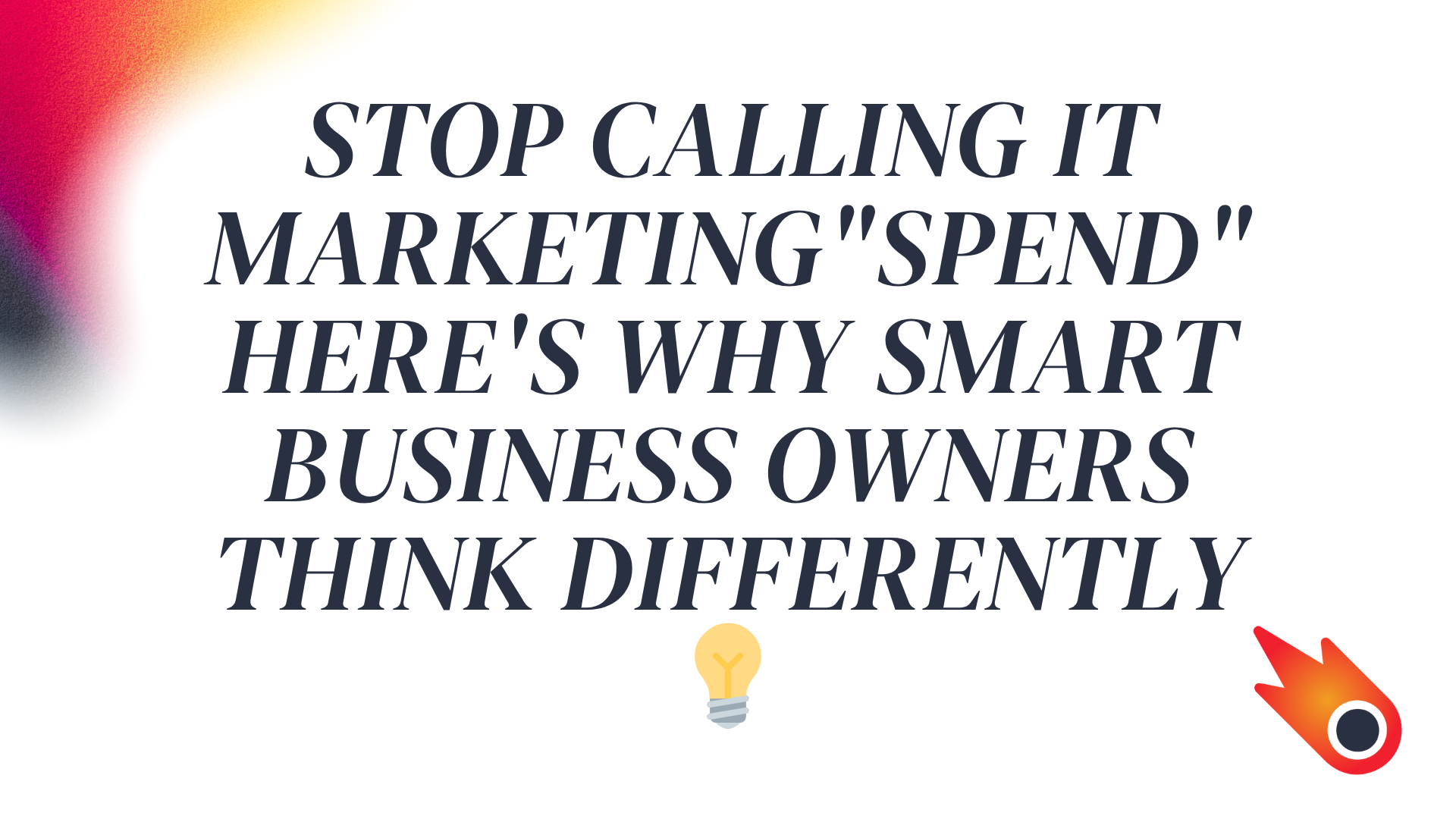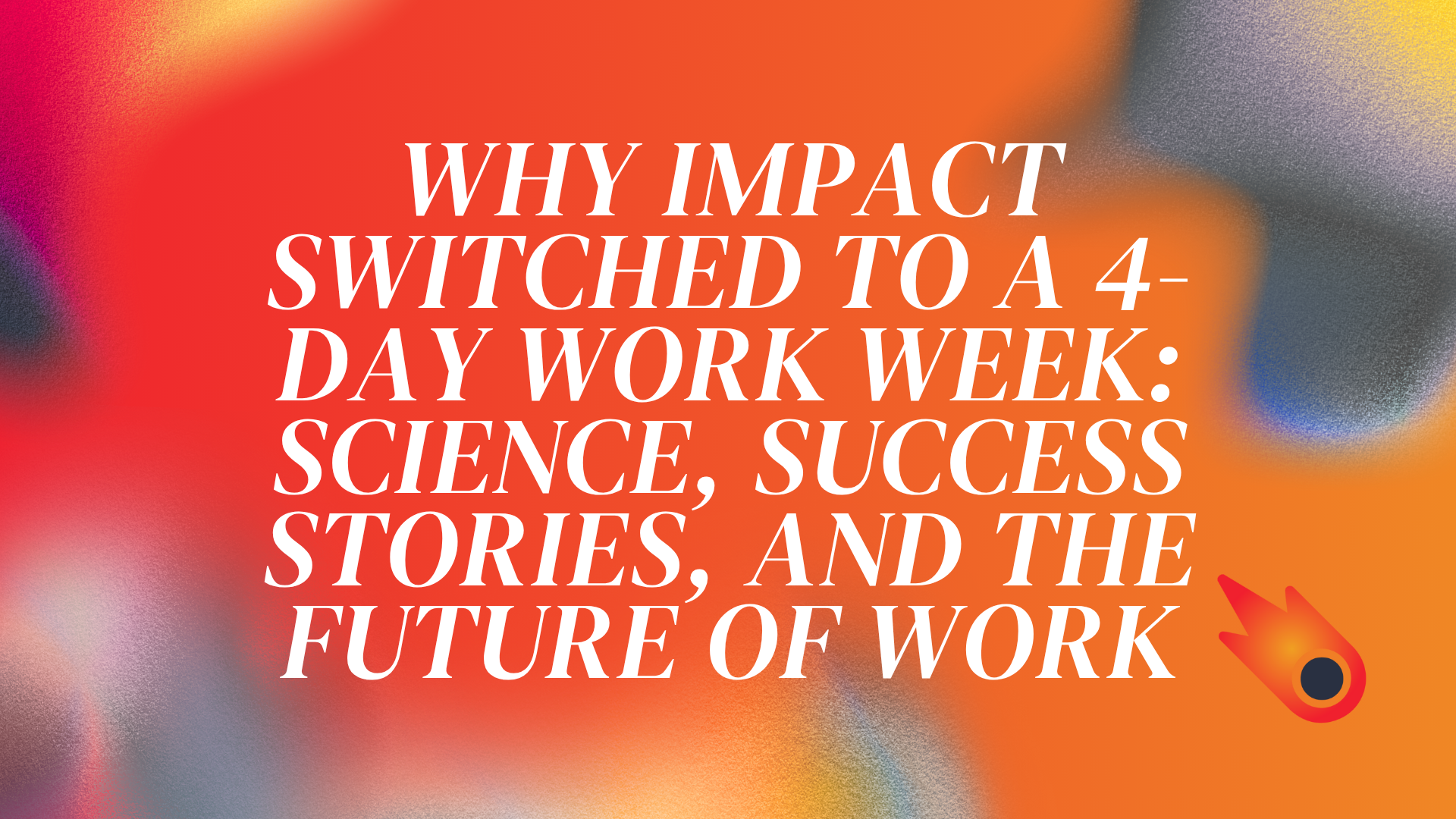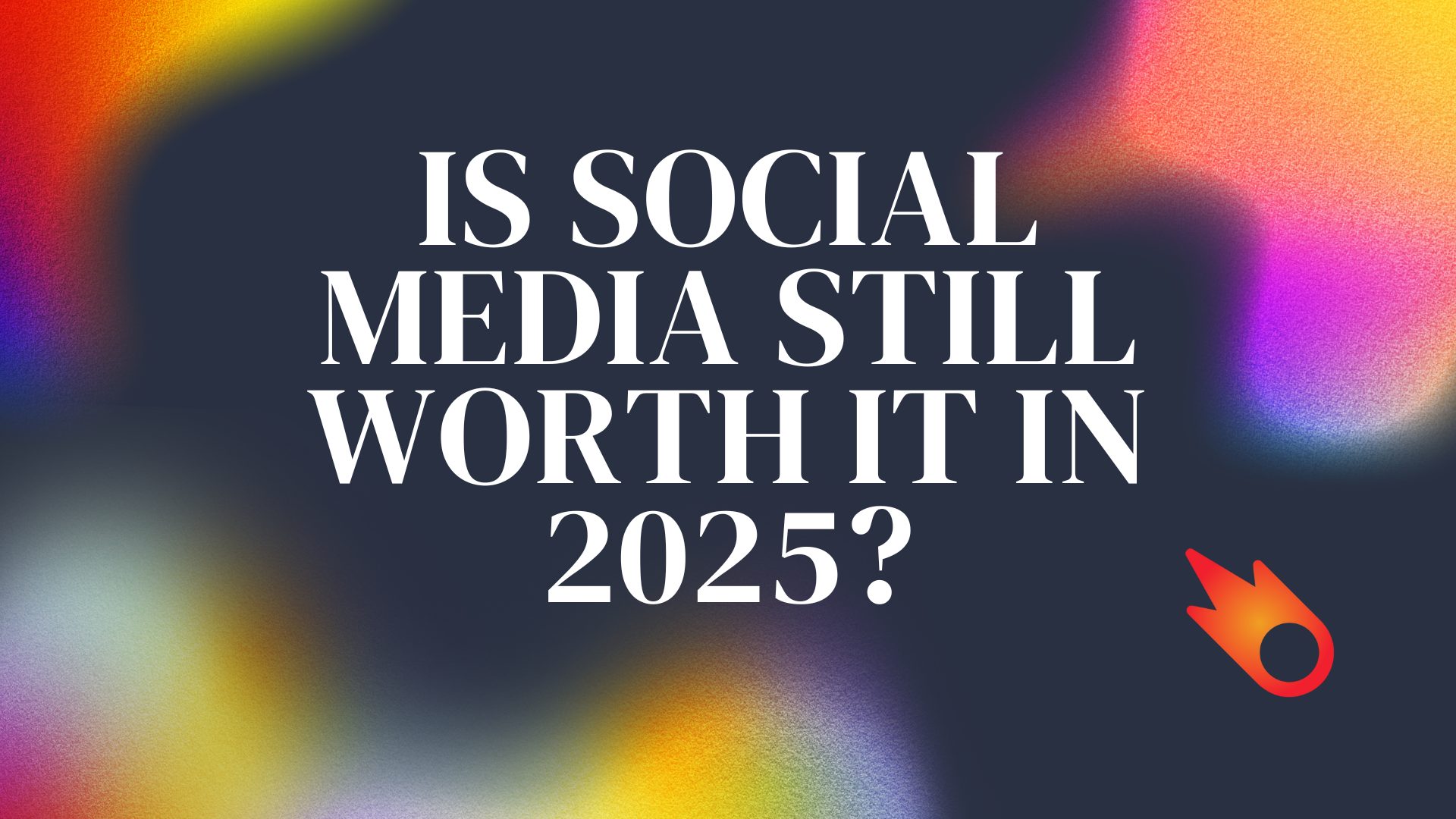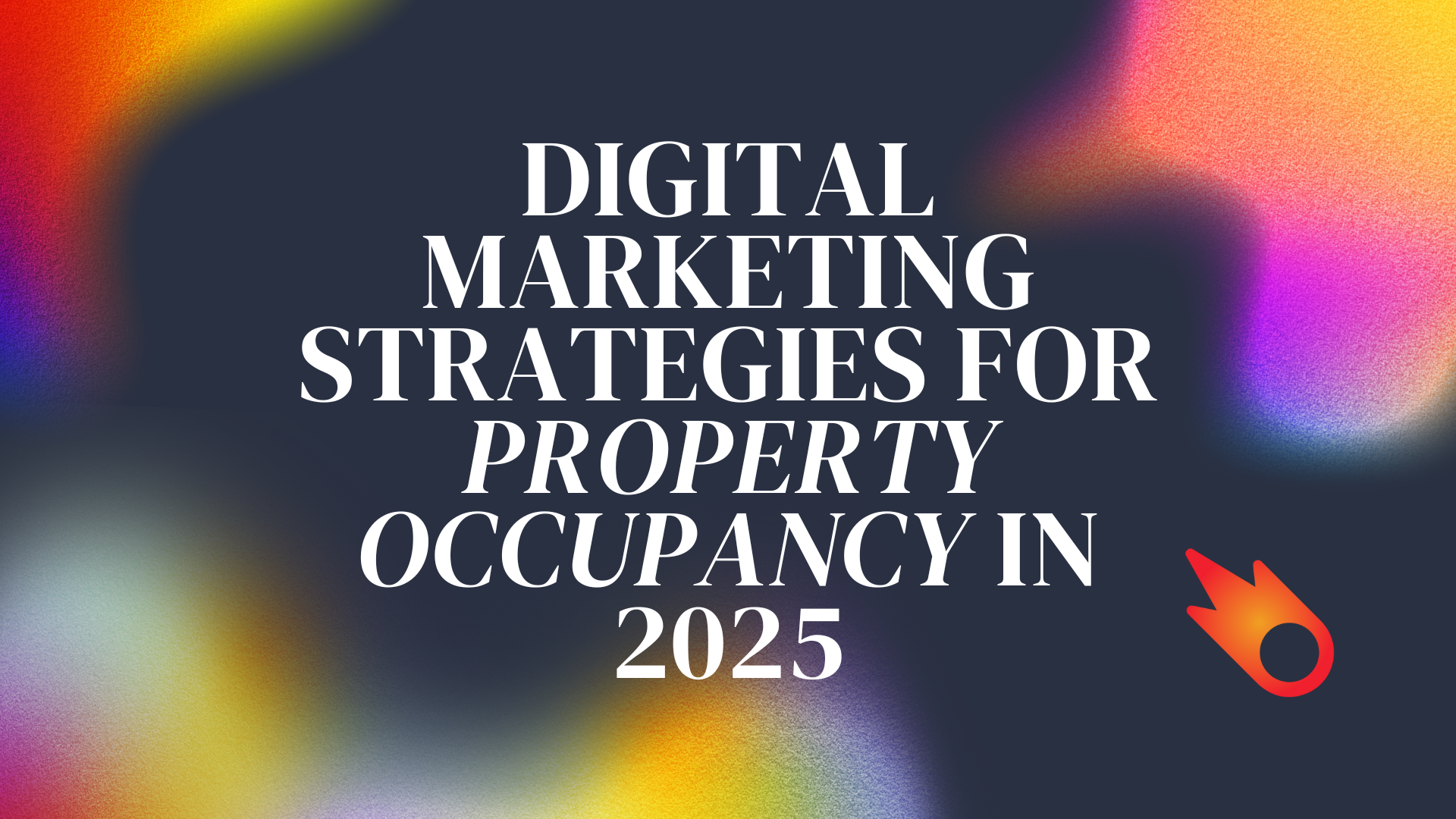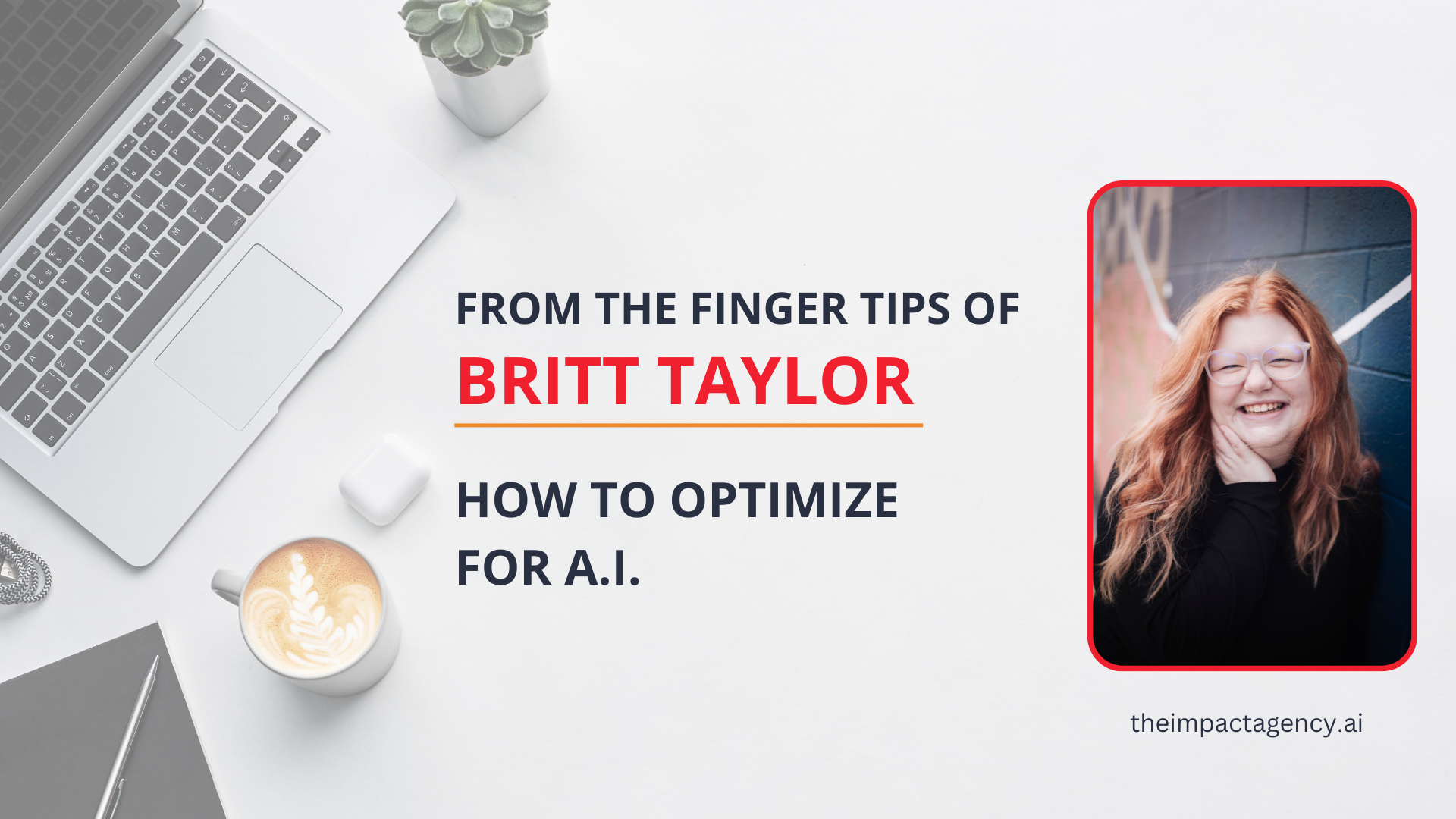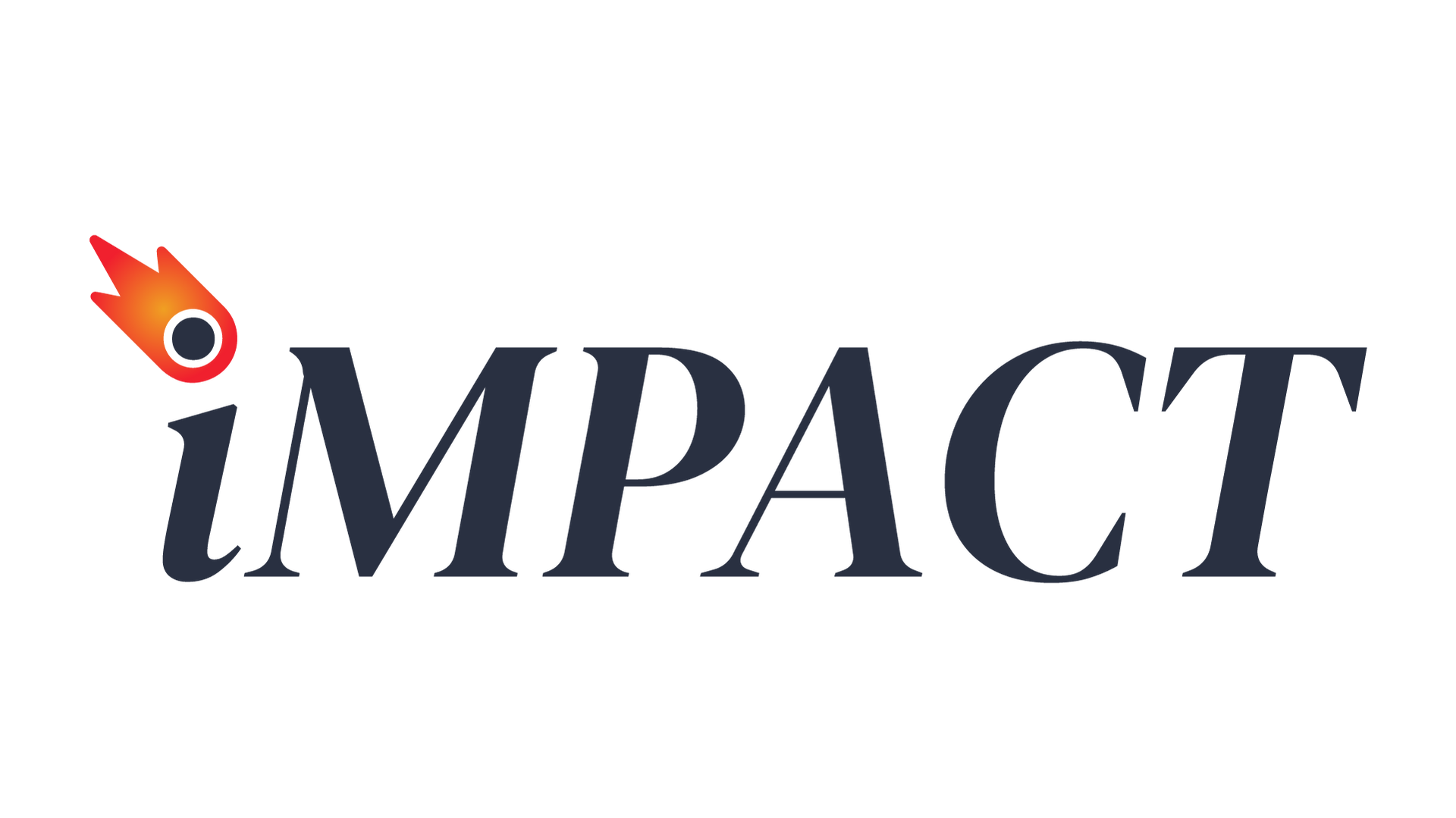Why Trusting A.I. Search Engines Could Be Your Biggest Online Mistake Yet
Why Trusting A.I. Search Engines Could Be Your Biggest Online Mistake Yet
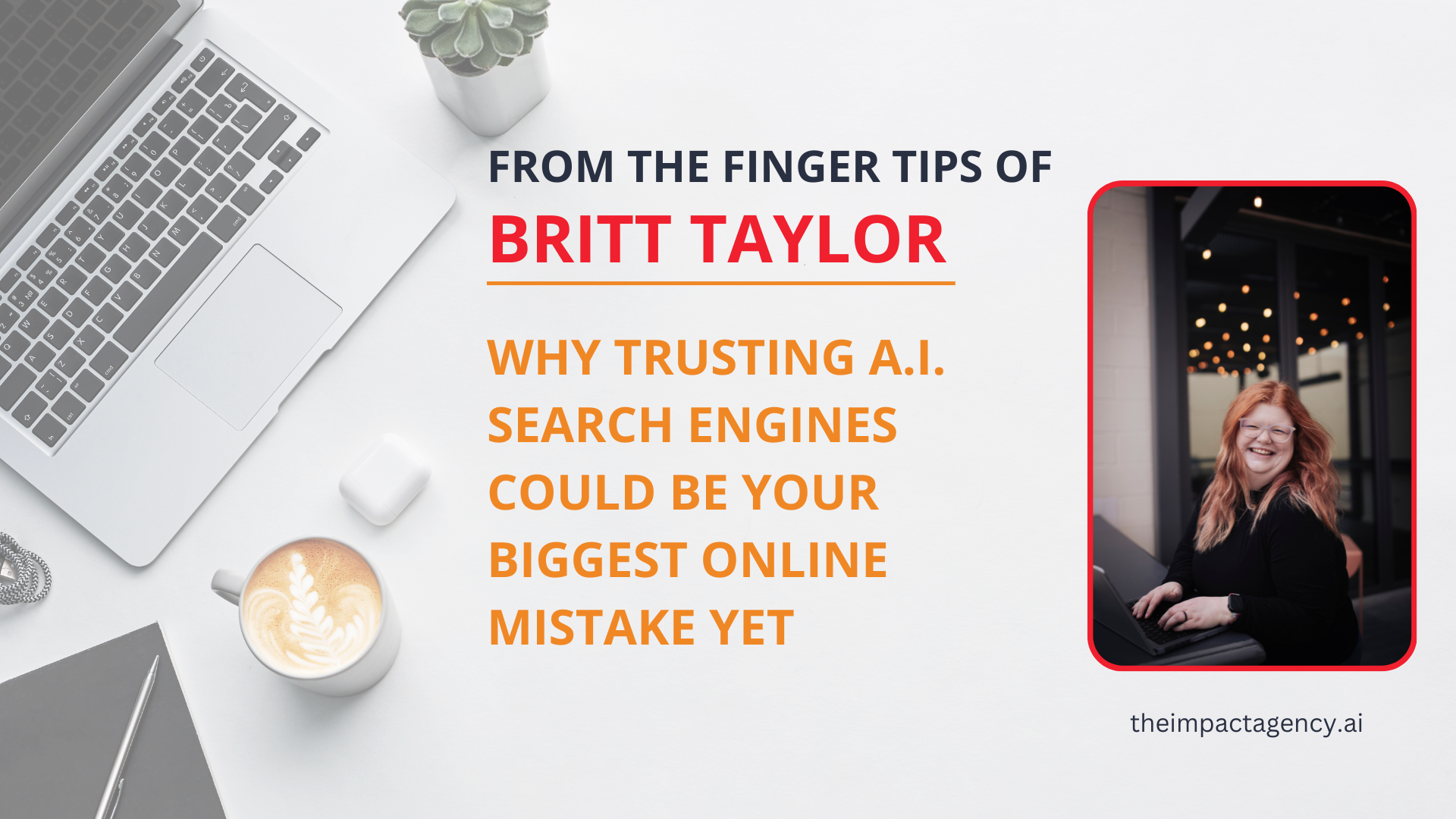
By Britt Taylor, Partner & CMO at The Impact Agency (www.theimpactagency.ai)
Artificial Intelligence (A.I.) is rapidly reshaping how we search for information. From Google’s AI Overviews to standalone A.I.-powered search engines, the promise is clear: instant, summarized answers to any question. But beneath the convenience lies a growing concern-A.I. search engines are fundamentally flawed, and relying on them as your primary source of truth can be risky.
The Illusion of Expertise: Database-Style Lists and Questionable Authority
A.I. search engines often serve up answers in the form of tidy lists-think “Top 10 Digital Marketing Tips”-pulled from agency blog posts, listicles, or content designed to sell rather than inform. While these sources may appear credible, they’re frequently written with marketing intent, not objective expertise. The problem? A.I. doesn’t distinguish between genuine expert advice and content created purely for clicks or sales.
This means the advice you receive could be from a seasoned professional-or from someone with little real-world experience, simply optimizing for search rankings. As a result, users are left with information that feels authoritative but may be more opinion than fact.
The Source Problem: Citations, Fabrications, and “Hallucinations”
One of the most alarming issues with A.I. search engines is their tendency to fabricate sources or misrepresent the credibility of their citations. Recent studies show that A.I. search tools provide incorrect answers as much as 60% of the time, with some models performing even worse. These systems often:
- Create fake links or cite articles that don’t exist.
- Reference syndicated or copied content instead of original sources.
- Confidently present speculative or incorrect information as fact, a phenomenon known as “hallucination”.
For example, Google’s AI Overview once claimed that astronauts played with cats on the moon-an entertaining but entirely false narrative, complete with fabricated quotes and citations.
Relevance Over Accuracy: Why Popularity Doesn’t Equal Truth
A.I. search engines prioritize relevance and engagement signals over factual accuracy. Popular content, regardless of its truthfulness, is more likely to be surfaced and summarized for users. This means high-traffic but inaccurate pages can crowd out more reliable, less-optimized sources, perpetuating misinformation and bias.
Users Rarely Click Through: The Danger of Passive Consumption
Perhaps the most insidious problem is user behavior. When A.I. provides a neatly packaged answer, most people don’t click through to verify the source or context. This passive consumption leads to a false sense of confidence in the information presented, even when it’s little more than a persuasive OpEd or marketing copy.
The general reliability of AI search engines comes into question when audited for citing sources. Between commonly detected accuracy issues and the rise of incorrect citations ultimately does a disservice to legitimate web publishers… Incorrect citations provided confidently by search engines create a cycle of misinformation that dilutes the quality of information.
- Premiere Creative
The Real-World Risks: Misinformation at Scale
When A.I. gets it wrong, the consequences can be significant. In fields like healthcare, finance, or legal advice, a confidently wrong answer can cause real harm. Even outside these high-stakes scenarios, the sheer scale of A.I. search means that even a small error rate can mislead millions daily.
What Can You Do? Best Practices for Navigating A.I. Search
- Always check the source. If the A.I. cites a reference, click through and evaluate its credibility.
- Corroborate information. Look for consistency across multiple reputable sources before accepting an answer as fact.
- Use A.I. for brainstorming, not for final decisions. Treat A.I.-generated answers as a starting point, not the end of your research.
- Stay skeptical. If an answer seems too confident or lacks supporting evidence, dig deeper.
A.I. Search Is a Tool - Not a Truth Machine
A.I. search engines are powerful, but they are not infallible. They aggregate, summarize, and sometimes invent information based on patterns in their training data-not on real-world expertise or verification. As users, we must remain vigilant, question what we’re told, and always seek out the original source before making decisions based on A.I.-generated answers.
At The Impact Agency, we believe in leveraging A.I. responsibly - using it to enhance, not replace, human judgment and expertise. Don’t let the convenience of instant answers lull you into a false sense of security. In the age of A.I., critical thinking is more important than ever.
For more insights on digital marketing, A.I., and the future of search, follow Britt Taylor and The Impact Agency on LinkedIn and visit www.theimpactagency.ai.
Sources
Why AI-Powered Search Engines are Flawed - Premiere Creative https://premierecreative.com/blog/ai-powered-search-engines-study/
AI Search Engines Under Fire: 60% Wrong Answers in Recent Study https://opentools.ai/news/ai-search-engines-under-fire-60percent-wrong-answers-in-recent-study
Can You Trust AI Search? New Study Reveals The Shocking Truth https://www.forbes.com/sites/torconstantino/2025/03/28/can-you-trust-ai-search-new-study-reveals-the-shocking-truth/
Warning - Your AI Search Results are Probably Wrong https://bchf.org/warning-your-ai-search-results-are-probably-wrong/
Google's AI tool is producing misleading responses that ... - AP News https://apnews.com/article/google-ai-overviews-96e763ea2a6203978f581ca9c10f1b07
Can This A.I.-Powered Search Engine Replace Google? It Has for Me. https://www.nytimes.com/2024/02/01/technology/perplexity-search-ai-google.html
AI search engines have an accuracy issue - Fortune https://fortune.com/2025/03/18/ai-search-engines-confidently-wrong-citing-sources-columbia-study/
Generative Search Engines: Beware the Facade of Trustworthiness https://hai.stanford.edu/news/generative-search-engines-beware-facade-trustworthiness
AI Search Has A Citation Problem - Columbia Journalism Review https://www.cjr.org/tow_center/we-compared-eight-ai-search-engines-theyre-all-bad-at-citing-news.php
Can You Trust AI-Powered Search Engines Like SearchGPT? https://news.northeastern.edu/2024/07/26/can-you-trust-searchgpt/

